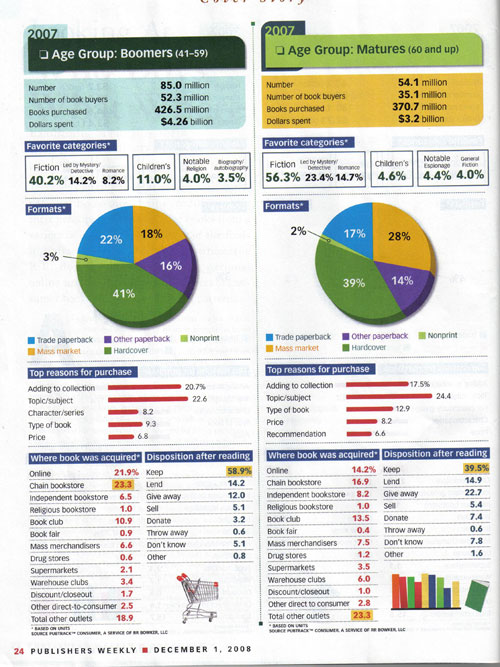Some Insights About Book Buying Habits
 As a long-term reader, I often purchase books. Last weekend I was at the third Writers on the Rock Conference and heard Allen Arnold speak. For years, Arnold worked as an editor and publisher at Thomas Nelson Publishers and now he is working with best-selling author John Eldredge. At the end of his keynote, Arnold mentioned his book, The Story of WITH which he sold for the discounted $10. I was interested to learn Arnold self-published his book and I was glad to get an autographed copy and look forward to reading it.
As a long-term reader, I often purchase books. Last weekend I was at the third Writers on the Rock Conference and heard Allen Arnold speak. For years, Arnold worked as an editor and publisher at Thomas Nelson Publishers and now he is working with best-selling author John Eldredge. At the end of his keynote, Arnold mentioned his book, The Story of WITH which he sold for the discounted $10. I was interested to learn Arnold self-published his book and I was glad to get an autographed copy and look forward to reading it.Several years ago, Family Christian Bookstores went into bankruptcy and had emerged from that situation. Publishers were the principal vendors who took a hit when Family Christian Bookstores went into bankruptcy. One of the domino or related actions from this bankruptcy was the sale of Gospel Light. This family-owned publisher had a long-term history in the market and was sold to two different publishers. Family Christian Bookstores owed Gospel Light $143,000. This debt was too large for Gospel Light to absorb and forced them into bankruptcy. The numbers of brick and mortar bookstores nationwide have been declining. Literary agent Steve Laube wrote more details about the closing of Family Christian in this article.
About four years ago when I lived in Arizona, a couple in my local church took part of their life savings and opened a Christian bookstore. It had several challenges from the beginning. While my friends had good motives, they did not come from a book or publishing background. I knew way more about books, authors and the publishing business than they did. While eager to learn, they had a lot of ground to cover from a business perspective. Also the store was located in a shopping center and two doors from a well-known Hallmark store. I often would drop by the nearby bookstore and talk with them and purchase things (if I needed them). Ultimately these friends closed their bookstore right about when I moved from Arizona. As I watched this store, it was an upfront and close lesson about some of the challenges of the brick and mortar retail business—and in particular in the Christian market.
A little off my topic but related: last week I went to Target to buy some blank audio cassette tapes for a new project. They didn't have any of them and were selling only one brand of tape recorder. Then I went to Office Depot who didn't have tapes in their store but said I could order them from their website online with free shipping. I ordered the tapes—only to have the online store cancel my order later in the day because the product wasn't available.[I don't know why I received a cancellation message because today the tapes showed up so I probably double ordered]. I attempted to buy this product at a brick and mortar store yet had to order it online from Amazon.
The book buying habits of consumers continue to change. Most of us have a smartphone in our pocket so wee can compare prices even standing in an actual store to see if we can get it less online. As I've written in these pages, the self-publishing world of books continues to increase (to the tune of over 5,000 new books every day—traditional and self-publishing combined). It's why every author has to continue to work on increasing their own audience (platform). Get my Platform Building Ideas for Every Author free ebook and use these ideas in your own writing.
In the comments below, let me know where you buy books. Book buying is a complex issue with no simple answers. All any author can do is offer your product in multiple formats (print, ebook, audio) and as many different venues as possible (online and brick and mortar). Our world is full of choices so you have to offer the consumer the broadest possible choices for your books.
Tweetable:
Have your book buying habits changed? Get these insights from a publishing expert. (ClickToTweet)
Labels: book buying decisions, bookstores, choice, consumers, Family Christian Bookstores, platform, self-publishing



























